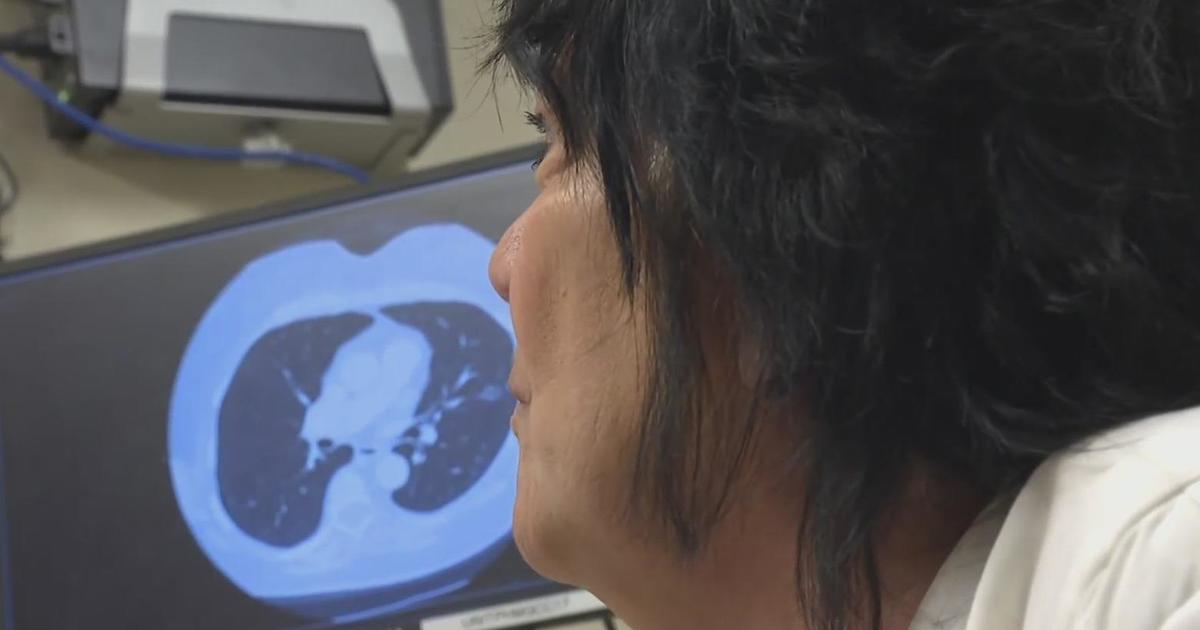FDA Withdraws Emergency Use Authorization For Hydroxychloroquine
PITTSBURGH (KDKA) -- The FDA has withdrawn emergency use authorization for hydroxychloroquine.
The malaria and anti-inflammatory drug was touted by Pres. Donald Trump as a coronavirus treatment.
"The use of hydroxychloroquine in the beginning for these patients was purely speculative, based off, again, some poorly performed studies," says Dr. Amit Kaura, AHN pulmonary critical care and medical director of medical ICU West Penn Hospital.
While not the same as FDA approval, the authorization allowed for use of the drug for the infection. But studies are showing no benefit as a treatment or as preventive medicine, leading the government agency to change course.
"I was never a big fan of it based on the side effect profile," says Dr. Kaura.
The withdrawal of emergency authorization means the FDA is recommending hospitals wind down its use for coronavirus patients and not start newly hospitalized patients on the drug.
"When the whole COVID-19 pandemic started, we did start using it. But then shortly thereafter, once the literature started coming out showing there was no benefit, it was quickly pulled off of our patients," Dr. Kaura says.
The national stockpile will no longer distribute doses to hospitalized patients.
Pennsylvania did not have its own stockpile, and the state Department of Health has not recommended it as a form of treatment.
Yet more than 100 clinical trials continue, including some at UPMC.
"There are data safety monitoring board reviews going on for a number of the different studies that are currently enrolling," says Dr. Bryan McVerry, UPMC critical care medicine. "We are continuing to explore potential benefits of this medication until directed otherwise."
And doctors can still prescribe it off label, that is, for purposes other than its FDA approved indications.
"I think some physicians may prescribe it. Again, I would always take a heed of caution, using a medication that can cause a ventricular arrhythmia, and cause sudden cardiac death," Dr. Kaura says.
"I think the jury is still out on whether the drug is protective or not. And until we have those answers through proper clinical trials, we should continue to study the medication," Dr. McVerry says.
If you take hydroxychloroquine for lupus, rheumatoid arthritis or malaria, these are FDA approved uses, and you can still get the drug.



